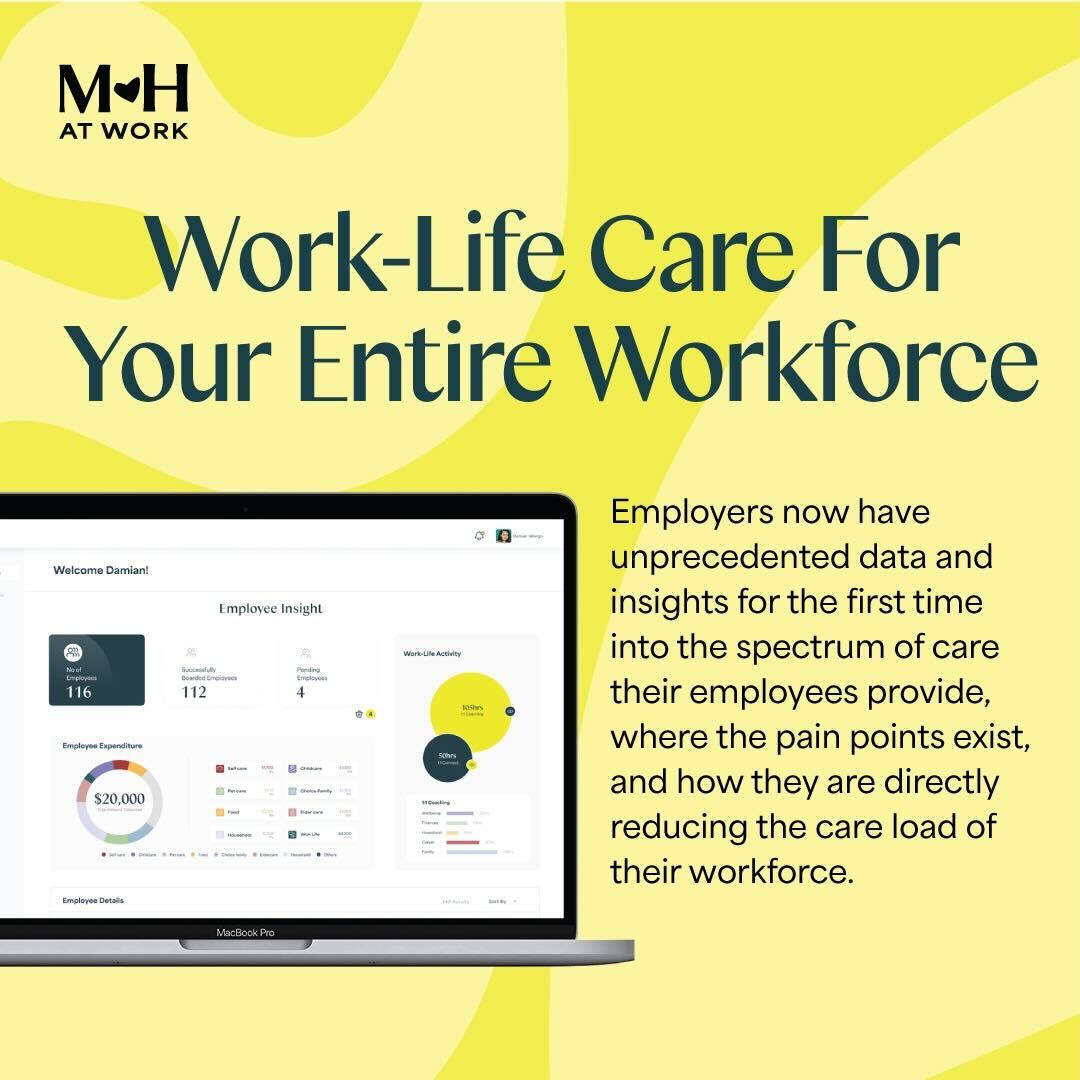It’s a strange time to be a working parent. Unemployment is at its lowest level in over half a century and benefits for workers are getting better and better. But tech behemoths are laying off loads of employees, as are media and advertising companies. Parents and caregivers haven’t been spared.
Even workers who were on parental leave have been stunned to learn they no longer have a job. Many assumed their leave came with some legal protection, but it doesn’t. Employers are free to let go of employees on parental leave so long as the layoff is unrelated to the leave itself.
Thousands of working parents have been left scrambling. Google’s parent company, Alphabet, will lay off 12,000 workers. Microsoft announced plans to part ways with 10,000 employees. Amazon will eliminate more than 18,000 roles. Facebook’s parent company, Meta, is reportedly preparing for another round of job cuts, after laying off 11,000 employees last year.
While no one enjoys worrying about their job security, the prospect of layoffs can be particularly fraught for parents and caregivers. Not only do we stress about how a job loss will impact those in our care, we also suspect we’re more likely to land on the chopping block.
Many parents, and especially moms, spent the past few years scaling back at work. Now, the same companies that offered generous leave and flexible schedules to help parents cope with pandemic-era child care challenges are pledging to make 2023 a “year of efficiency” by eliminating “low-performance roles.”
Parents are some of the most productive workers in the labor market, but if employers compare our pandemic-era accomplishments to our coworkers who didn’t have caregiving responsibilities during those turbulent years, we could be especially vulnerable during job cuts.
The good news is that the layoffs also seem to be inspiring a start-up surge, as laid off workers pursue their passion projects. They are also encouraging some employees to pursue a career outside of tech, in industries where hiring remains strong and burnout isn’t as common. It’s an opportunity for some to try something new.
Still, most working caregivers want to hang on to their jobs, especially if they’ve got a flexible one with a good boss. To help you do just that, we talked to the experts at Indeed for their best advice on surviving layoff season with your sanity intact. Here’s what they suggest:
3 Important Steps to Take When Layoffs Are Looming
Hearing the word “layoff” can stop you in your tracks. It produces thoughts of uncertainty, instability and fear. It’s important to plan your career accordingly so you feel prepared if that time comes. This doesn’t mean you go into panic mode and act irrationally, but you should start reflecting on your career path thus far and how you might respond if you are laid off. We offer some guidance to help you feel more prepared below:
Build your skills
Not only will building your skills improve your overall value as an employee, it can also put you in a better position for a new opportunity elsewhere. Transferable skills are particularly important as they can be applied to numerous fields, jobs, scenarios and industries. Rather than solely focusing on gaining skills that are applicable to your specific trade, transferable skills can be used in a variety of areas and roles. Examples of these skills include active listening, public speaking, project management, problem solving, collaboration and more. These are skills that you can practice in your current role by introducing them into your daily work routines. For example, volunteering to present in a meeting gives you an opportunity to practice your public speaking. Additionally, learning new skills related to your current position can make you more valuable, as well. If you’re a technical project manager, for example, you could benefit from taking coding courses to better understand your team’s work.
Assess your financial situation
Job losses can be the cause of huge financial stress. Now is the time to understand where your family’s money is going and how much you’re spending. This will help you reassess your financial security, and allow you to make any necessary changes to your spending. Your budget worksheet can include three sections: your income, your expenses, and your bottom line. Your income is your take-home pay including wages and tips, while your expenses are any regular line items such as housing, transportation, insurance, loans, etc. Your bottom line is your income minus your expenses.
Consider a career shift
If your industry is at-risk due to a recession, it may be time to look at shifting into a sector that is more resilient. Take time to reflect on whether this is the right time to switch careers, what your goals are and what you need to do in order to make it happen. Once you’ve made the decision to make a career shift, do a professional audit of yourself, listing out your soft skills, hard skills, skills you’re interested in building, your career wins, your non-negotiables, and any “dream” jobs you’d like to pursue. This will help give you direction as you begin your job search. Once you begin applying for jobs, set weekly application goals for yourself and make sure you’re balancing quality vs. quantity. Realistically, you won’t be able to customize your resume and cover letter for every job you seek.
GET THE WORK-LIFE WALLET:
Stop wasting money. Redirect cash from ineffective EAP programs and directly empower your employees to meet their unique work-life needs. With Mother Honestly’s NEW work-life wallet, employees can access support for an array of work-life needs, including child care, elder care, pet care, self care, household chores and more. Employees link their debit card or bank account, and we screen and qualify work-life related expenses for reimbursement within seconds. Learn how your company can support caregivers with our Work-Life Wallet!
LOVE TO SEE IT
Companies Are Keeping a Four Day Workweek. The world’s largest four day workweek trial has concluded, and 56 of the 61 organizations that participated have decided to keep the shortened workweek. The U.K.-based companies reported fewer resignations and increased revenue during the trial.
HATE TO SEE IT
Parents are still struggling with shortages. In some parts of the country, it’s still tough to find everything from baby formula to children’s Tylenol and Motrin, Adderall (the medication primarily used to treat attention deficit hyperactivity disorder), and the antibiotic amoxicillin. That’s in addition to an ongoing labor shortage in the child care industry that’s left parents struggling to find care for young kids.






